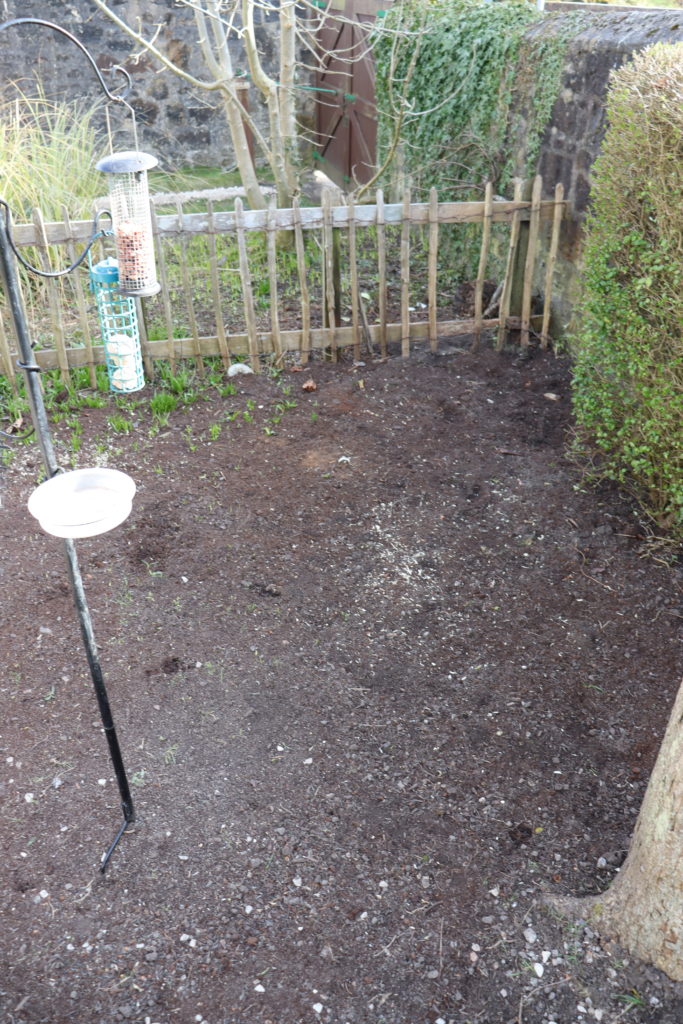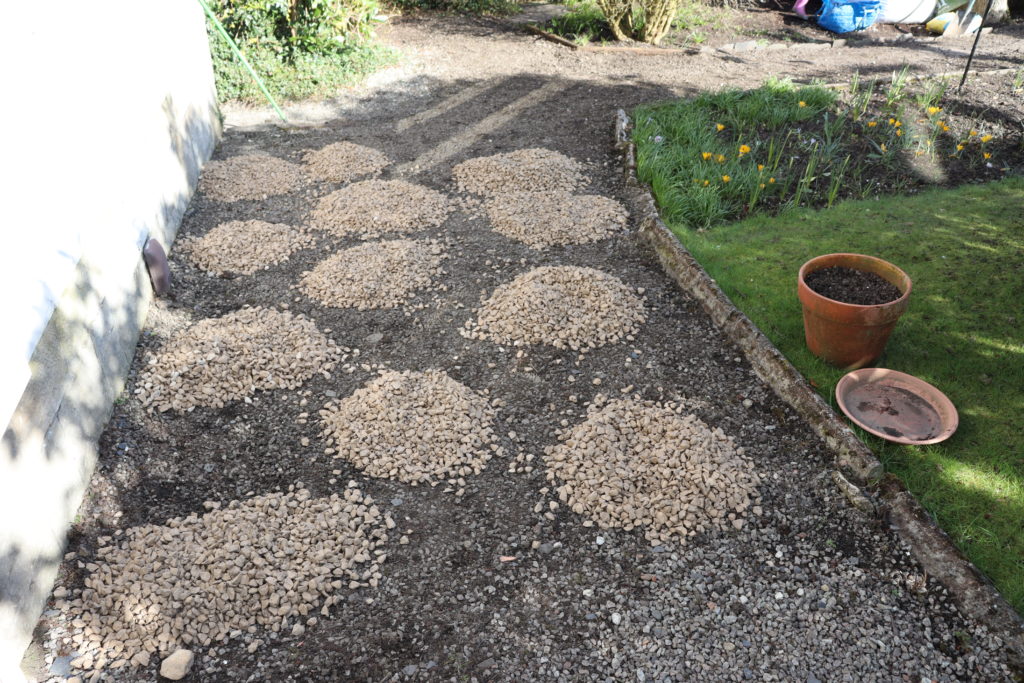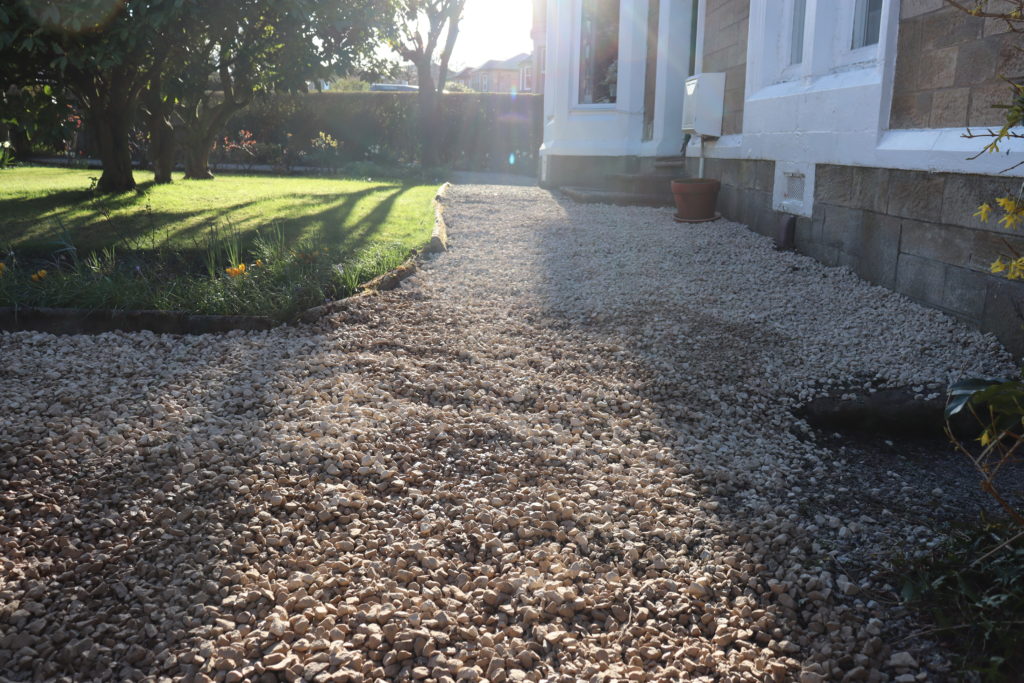We’re in the middle of a lockdown due to the coronavirus SARS-CoV-2, which causes COVID-19 and is debilitating and killing a lot of people all over the world. It’s going to change the world in all sorts of ways we can only grasp at right now. It’s already doing a good job at pointing out the contradictions in what we call our normal affairs of life.
Or reminders that the government applauding our health workers also applauded the rejection of a pay freeze for nurses a few years previously.
Unfortunately, it’s not necessarily the case that the pandemic will shake people out of their preconceptions: even as exogenous (material reality) an event as a worldwide health crisis may not penetrate the partisan lenses people use to perceive reality.
I’ve gotten the sense that this may be an era that puts technology into sharp relief, especially in the ways it’s compromised by capitalism. From the debates about whether to turn the surveillance state onto pandemic monitoring (on the rationale that it’s already there, just tracking our consumer interests – note that many strongly disagree), to the bottom up fab-lab approaches that are bringing us things like rapid basic ventilatorsand protective visors but not without some litigation problems on the way. (Saving lives in a global pandemic mustn’t infringe copyright, after all.) If you want a good take on this side of things try Pat Kane’s article in the National.
Meanwhile, research serendipitously released this week suggests that craving for social contact resembles food cravings on the level of a neural pathway. We’re only in the very early days of this state of emergency, and isolation is going to produce its own share of strains. I feel for the university students who thought they were going home over the Easter holidays but now locked down into halls of residence, some apparently getting meals left at their door and so consigned – effectively, confined – to their room throughout most of the day. And I’m constantly minded of the older and more vulnerable folk – populations that I work with – who may be further isolated, for instance those in care homes who are currently denied visitors.
I feel very fortunate. We are renting a fairly spacious house, as we needed to take into account both of us needing home office space, and so we can easily take time out when needed, and time together otherwise. And we have a spacious and long-unmanaged garden that we are getting our teeth into too. We cleared a patch of straggly ground (including a monster root hunkered under the fence), re-gravelled the paths, created a new path, and started another round of planting.




Right now, we’re in the in-between. Normal life has spooled down, but new demands have not reared their head, at least not where we are. Responsibilities at work are focused on preparation – processes, policies, technologies to manage what may be coming.